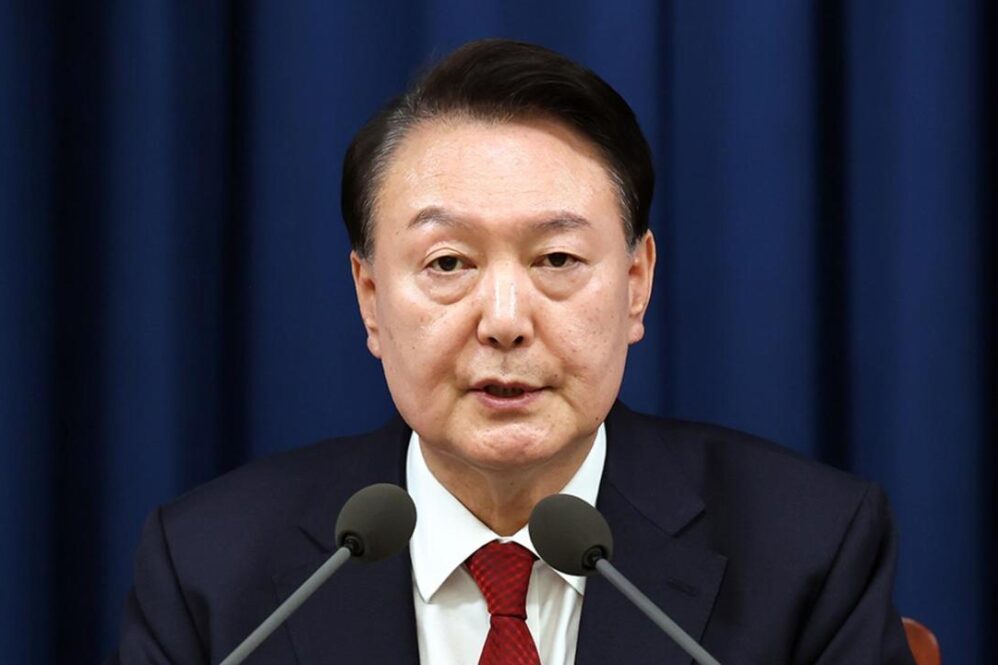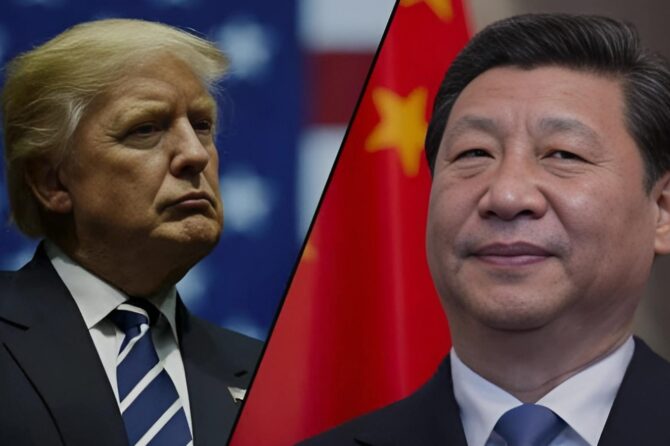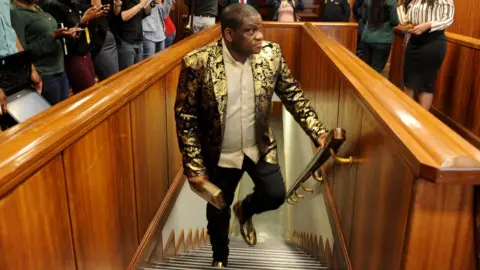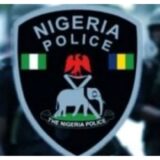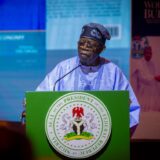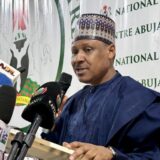A Sudden U-Turn: South Korea’s Fleeting Martial Law
In a stunning turn of events, South Korea was plunged into a state of political turmoil on Tuesday, December 3rd, 2024, when President Yoon Suk Yeol declared a state of martial law. The unexpected move, which granted the military extraordinary powers, sent shockwaves through the nation and drew international condemnation. However, the declaration proved to be short-lived, as a swift and decisive response from the National Assembly forced Yoon to reverse his decision within hours.
This unprecedented political crisis highlights the fragility of South Korea’s democracy and the potential for authoritarian tendencies to emerge, even in a mature democratic nation. This report will delve into the factors that led to the declaration of martial law, the implications of the move, and the lessons to be learned from this tumultuous period.
The Declaration of Martial Law
President Yoon Suk Yeol’s surprise announcement of martial law was met with widespread disbelief and condemnation. In his televised address, he cited a perceived threat to national security posed by the opposition-controlled National Assembly. He accused the opposition of “anti-state activities” and claimed that their actions had paralyzed the government and endangered the nation.
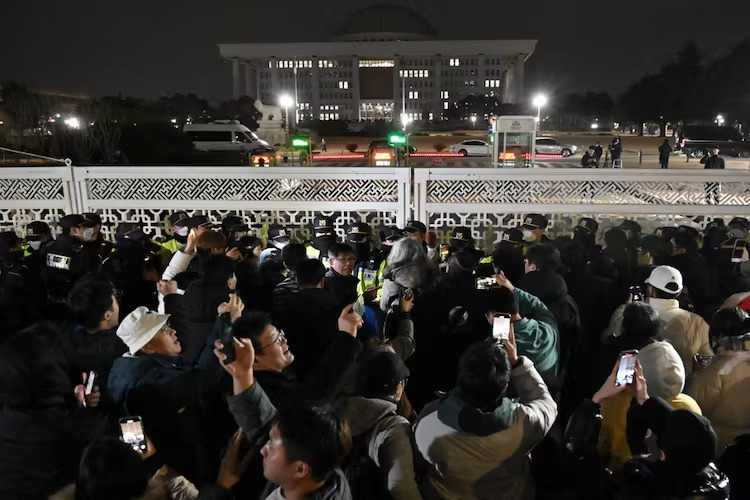
To justify the extraordinary measure, Yoon argued that the situation demanded decisive action to restore order and protect the country from internal and external threats. The declaration of martial law granted the military broad authority to:
- Military Control of Key Institutions: The military assumed control over critical infrastructure, including transportation, communication, and media outlets.
- Curtailment of Civil Liberties: Fundamental rights, such as freedom of speech, assembly, and association, were severely curtailed.
- Restrictions on Media and Freedom of Expression: Strict censorship was imposed on news and information, with media outlets being forced to adhere to government guidelines.
Public Reaction and Domestic Opposition
The declaration of martial law sparked immediate and widespread protests and demonstrations across South Korea. Citizens took to the streets to voice their opposition to the government’s authoritarian move and demand the restoration of democratic rights.
The opposition Democratic Party, which holds a majority in the National Assembly, vehemently condemned the declaration, calling it a blatant power grab and a threat to the nation’s democratic institutions. They accused Yoon of using the pretext of national security to suppress dissent and consolidate his power.
Civil society organizations and human rights groups also raised alarm over the erosion of civil liberties and the potential for human rights abuses under martial law. They called on the international community to monitor the situation closely and to pressure the South Korean government to restore democratic norms.
The Rapid Reversal
In a stunning display of defiance, the South Korean National Assembly moved swiftly to block the president’s declaration of martial law. Lawmakers, undeterred by the imposed restrictions, overcame obstacles to reach the Assembly building. Despite the military presence and potential risks, they gathered to vote on a resolution to overturn the martial law decree.
In a historic vote, the National Assembly unanimously rejected the declaration, signaling a resounding victory for democracy. The swift and decisive action by the lawmakers forced President Yoon to retreat, acknowledging the parliamentary authority and the will of the people.
Yoon’s decision to reverse the martial law declaration can be attributed to several factors:
- Public Pressure: The widespread public protests and international condemnation put immense pressure on the government to back down.
- International Condemnation: The international community, including key allies like the United States, expressed deep concern over the declaration, urging South Korea to uphold democratic principles.
- Legal Constraints: Legal experts argued that the declaration of martial law was unconstitutional and lacked legal basis.
The rapid reversal of the martial law declaration has significant implications for South Korean politics:
- Erosion of Trust in the Presidency: The failed attempt to impose martial law has eroded public trust in the presidency and raised questions about Yoon’s commitment to democratic principles.
- Potential for Further Political Polarization: The crisis has deepened political divisions and could exacerbate tensions between the ruling and opposition parties.
- Impact on South Korea’s Democratic Image: The episode has tarnished South Korea’s democratic image and raised concerns about the country’s long-term commitment to democratic values.
International Reactions
The declaration of martial law in South Korea sparked widespread condemnation from the international community. Major world powers expressed deep concern over the erosion of democratic norms and the potential for human rights abuses.
US Response
The United States, a key ally of South Korea, expressed surprise and confusion over the sudden declaration of martial law. US officials questioned the rationale behind the move and urged the South Korean government to uphold democratic principles. The incident has led to a reassessment of the US-South Korea alliance and raised concerns about the stability of the region.
Regional Implications
The political turmoil in South Korea has broader implications for regional security dynamics. The crisis could exacerbate tensions with North Korea, which has been increasingly aggressive in its nuclear and missile programs. A weakened and politically divided South Korea may be less able to respond to potential threats from the North. Additionally, the crisis could impact regional cooperation and stability, particularly within Northeast Asia.
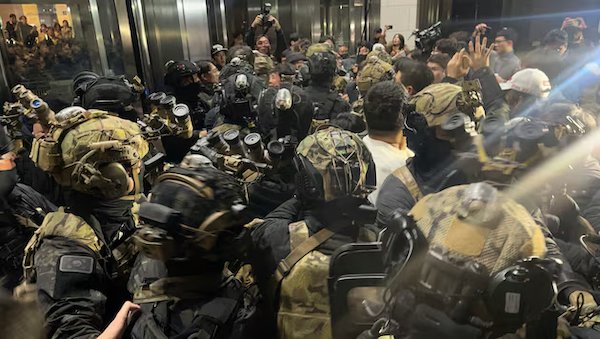
Analysis and Conclusion
The declaration of martial law in South Korea can be attributed to several underlying factors:
- Deep Political Divisions: The deep political polarization between the ruling and opposition parties has exacerbated tensions and made it difficult to find common ground.
- Weakening Public Trust in the Government: A series of scandals and controversial policies have eroded public trust in the government, making it more susceptible to authoritarian tendencies.
- Growing Authoritarian Tendencies: The rise of authoritarianism and the erosion of democratic norms have created a fertile ground for such drastic measures.
The crisis underscores the importance of several key lessons:
- Importance of Checks and Balances: A strong and independent legislature is essential to prevent the abuse of power by the executive branch.
- Role of Civil Society in Safeguarding Democracy: Civil society organizations play a crucial role in monitoring government actions and advocating for democratic values.
- Need for Dialogue and Compromise: Political leaders must prioritize dialogue and compromise to resolve differences and maintain political stability.
The future of South Korean democracy remains uncertain. The crisis has highlighted the fragility of democratic institutions and the potential for political instability. The long-term impact on South Korea’s democratic trajectory will depend on the ability of political leaders to learn from past mistakes and to prioritize the interests of the nation over partisan politics.


